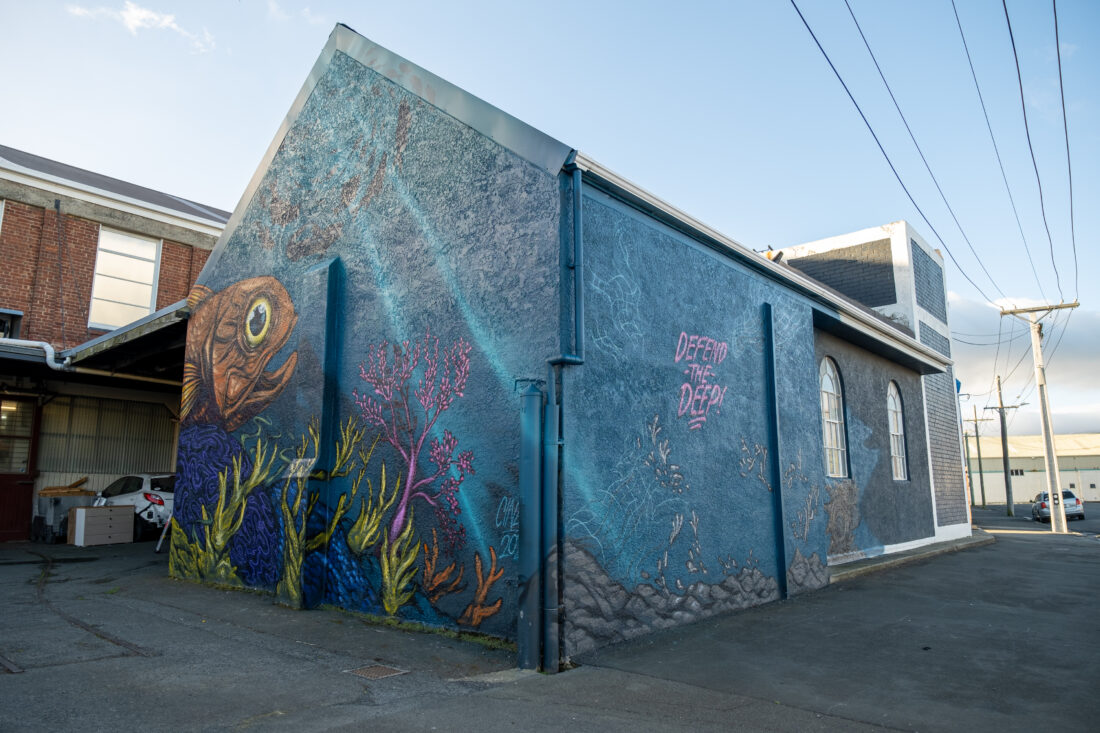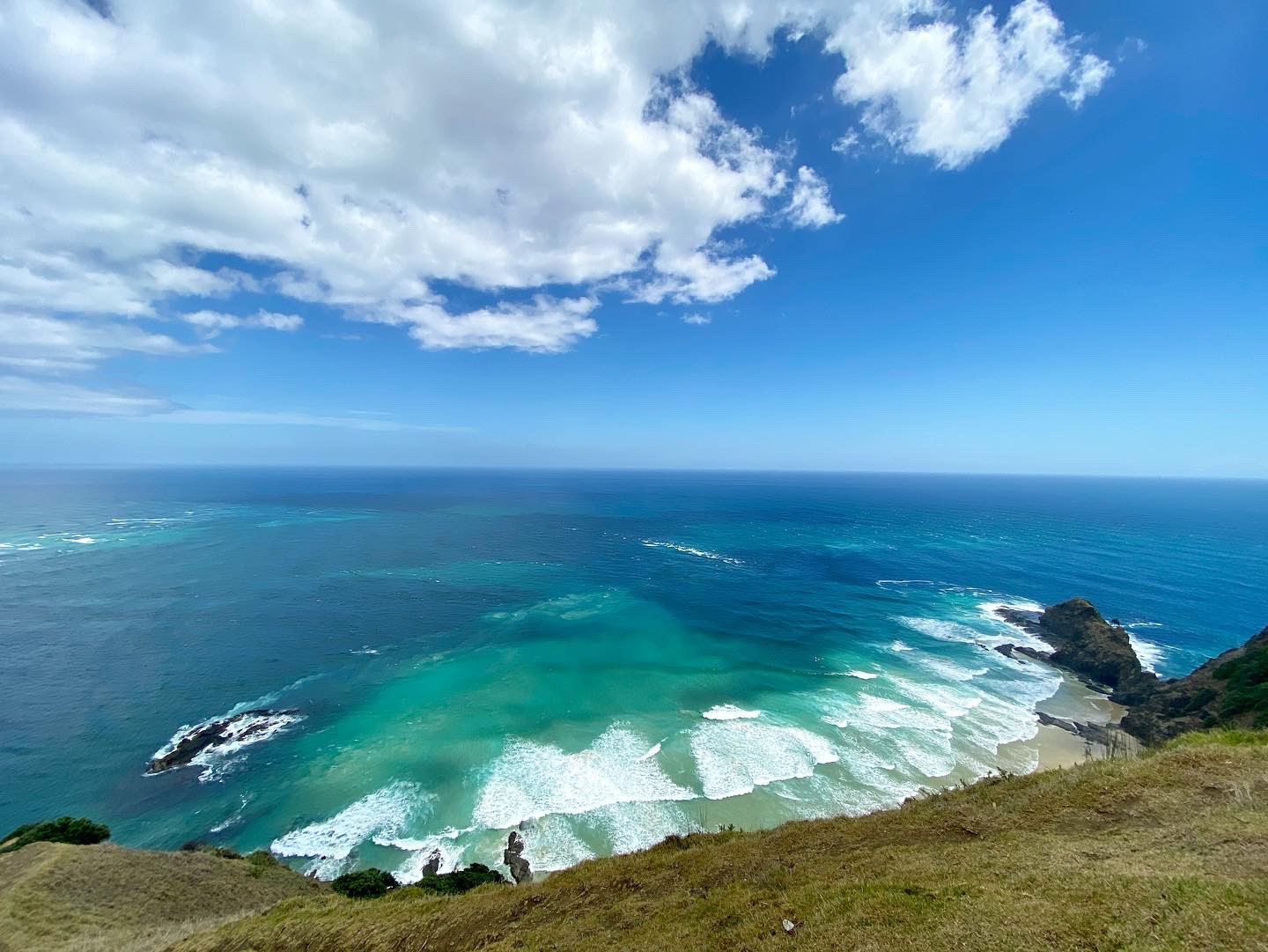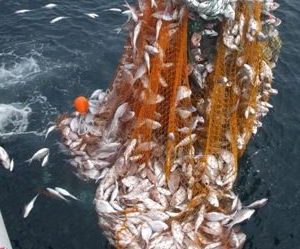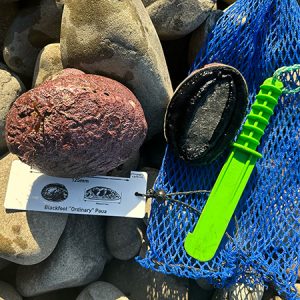Environmentalists and recreational fishing groups today heralded the guilty verdict delivered to a Talley’s-owned bottom trawler, the Amaltal Apollo, and its skipper, for illegally bottom trawling on seamounts in international waters.
The groups repeated their call for the government to ban the destructive fishing practice on seamounts , and to refuse to issue high seas fisheries permits for the coming season to any company which has been found to fish illegally, unauthorised or unreported (IUU).
The verdicts were for the vessel, owned by Talley’s subsidiary Amaltal, and a separate charge for its skipper, undertaking 14 illegal trawls in 2018 in an area closed to bottom trawling, to protect seamounts, on Lord Howe Rise in the Tasman Sea.
“That it took four full years to get this verdict against a clear breach of fisheries rules is ridiculous, but even worse is that these vessels are still out there fishing on seamounts, and the government refuses to ban the practice, despite all the evidence of the destruction,” said Deep Sea Conservation Coalition’s (DSCC) coordinator Karli Thomas.
“New Zealand is the only country sending bottom trawling vessels out into international waters in the South Pacific, trashing ancient corals on seamounts, and frankly, it’s embarrassing,” she said. “All six vessels belong to companies with convictions for, or allegations of trawling in, a closed area.”
A number of member organisations of the DSCC in New Zealand (1) are this week launching a letter campaign calling on MPI Director General Ray Smith to not issue any high seas fisheries permits for bottom trawlers in the coming season. This would effectively protect seamounts in the South Pacific region.
“It’s time to stop this destruction,” said Greenpeace Aotearoa oceans campaigner Ellie Hooper. “Our recent poll showed that almost 80 percent of the New Zealand public support a ban on bottom trawling on seamounts, both in our own waters and internationally. It’s time the Government listened.”
The news comes as finishing touches are today being put on a mural in Wellington, painted to highlight the dual threats to the ocean from bottom trawling and seabed mining. This is the third in a series of murals around the country that are driving people to sign a petition to the government supporting a ban: a 50,000-strong version of which was handed to Minister Parker in 2020. This has now grown to over 70,000 signatures.

The former Prime Minister Helen Clark has also expressed her opposition to these destructive practices; National MP and environment spokesman, Scott Simpson, has called on the companies themselves to act before a ban is forced upon them, and the Green Party has a policy to ban bottom trawling and seabed mining.
“The scientific evidence against these destructive fishing methods is already overwhelming – and continues to grow,” says Dr Aroha Spinks, Environmental Science Director of WWF-New Zealand. “It’s time for the New Zealand government to recognise the mana of our deep-sea taonga species, and ban bottom-trawling on seamounts.”
“The damage done by bottom trawling is irrefutable”, says Sam Woolford of recreational fisheries group LegaSea. “These protected areas were implemented to save a small part of the habitat from destruction. So when commercial fishers won’t even respect protected areas it’s clearly time to stop bottom trawling once and for all. Enough is enough.”
“The court in Nelson convicted Talley’s company Amaltal, and the skipper, but the sentence is not yet passed,” says Cath Wallace of ECO. “We congratulate the Ministry of Primary Industry – NZ Fisheries enforcement staff for this successful prosecution. We hope that MPI does not now undo their important work. In past practice, MPI has let the convicted fishing companies keep the vessel. Even when the court orders confiscation, MPI allows the company to pay a relatively minor fee in exchange for the return of the multi-million dollar vessel.”
(1). The DSCC members in Aotearoa include the Environment and Conservation Organisations (ECO), Greenpeace, Forest and Bird, LegaSea, Our Seas Our Future, the Endangered Species Foundation and WWF-New Zealand. Most are joining this week’s cyberaction.





